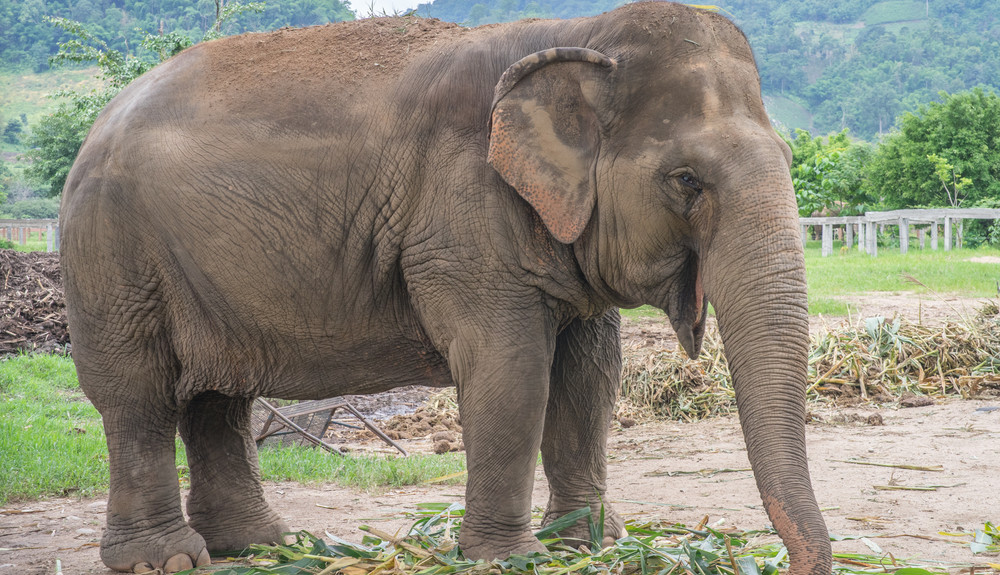It’s long been said that an elephant never forgets. But in Angola, pachyderms have reportedly acquired yet another impressive talent.
Detecting active landmines.
It’s a skill that isn’t easily acquired. And it could potentially save lives. A lot of lives.
According to the International Campaign to Ban Landmines (ICBL), in 2013 alone 3,308 people were killed by landmines — 79 percent of them civilians.
The elephants’ ability to sniff out the hidden explosive devices is so impressive that it even caught the attention of the United States Army who, according to The Economist, are experimenting with a bunch of “tame” elephants and testing how they respond to bleach, oil, soap and even tea. Jessica Brown, who ran the project, said the animals are passing “with flying colors”. The study is scheduled to be published soon.
But how did the country of Angola fish out this specific ability in the huge tusked animal? By having them live through the aftermath of the country’s brutal civil war.
More from The Economist:
When they first galumphed into Angola, the elephants faced an unfamiliar menace: the millions of landmines left over from the country’s decades-long conflict. José Agostinho, who works for the HALO Trust, a demining charity, recalls arriving in the south-eastern town of Mavinga in 2004 to help demine an area not much larger than 15 football pitches. On it, he saw the carcasses of three elephants killed by landmines.
Since then, however, it seems that elephants in Angola have learned to sniff out and avoid landmines, says Mr Agostinho. The number killed by them was high in the early years after the war, but it has fallen sharply, says Roland Goetz, a wildlife adviser to Angola’s government.
Could we see U.S. soldiers galloping on the backs of elephants in the not-so-distant future? If we do, it might resemble something like this:




































